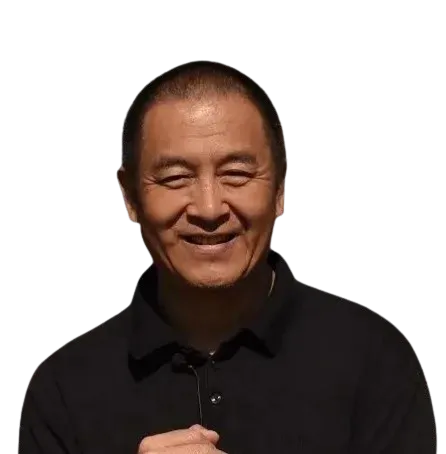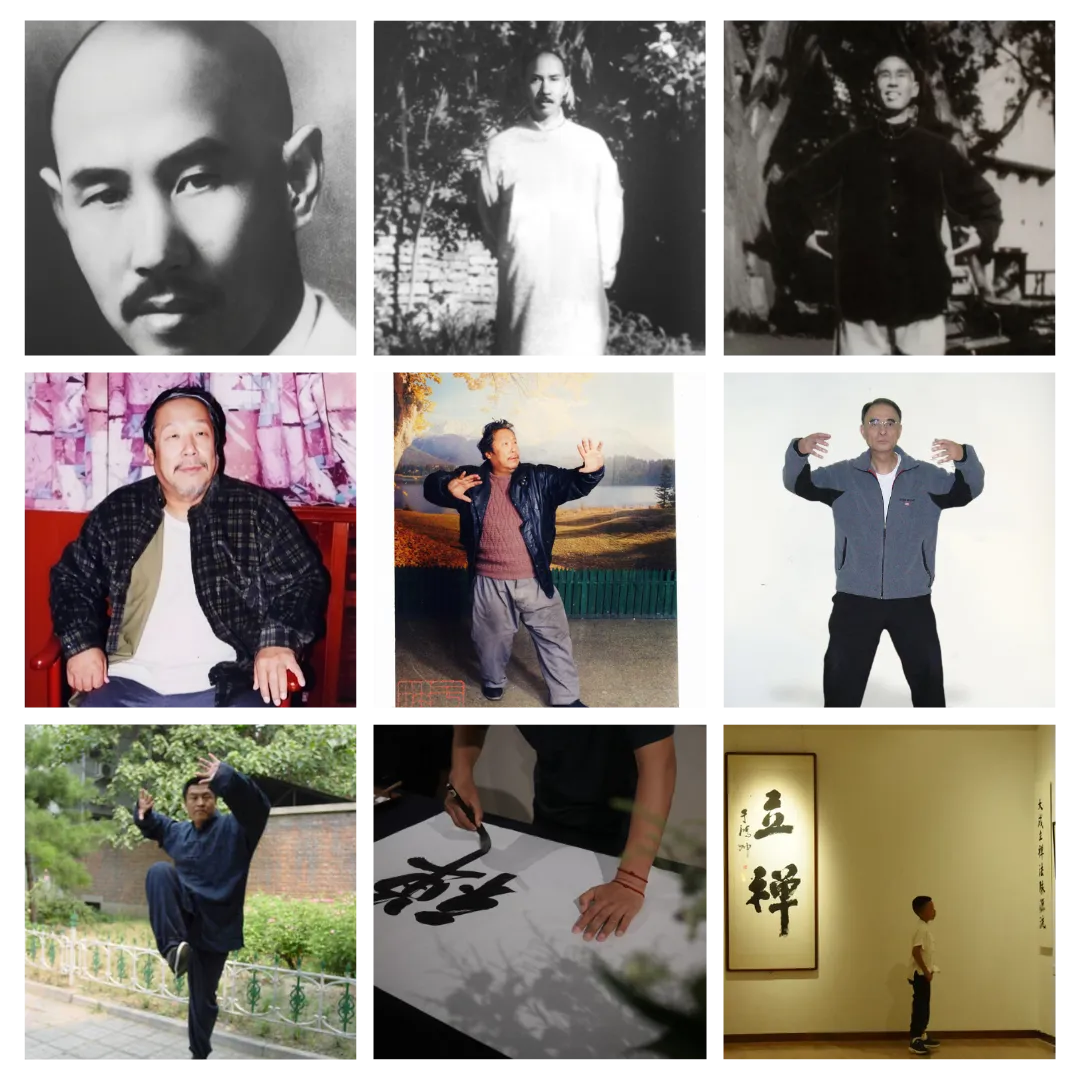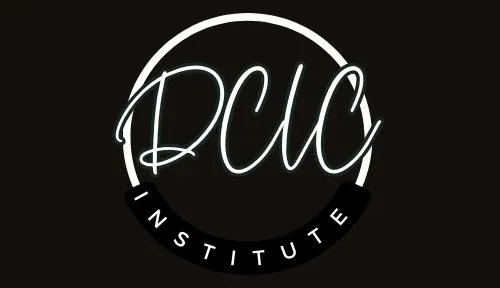Transform Your Life Through the Ancient Practice of Dacheng Lichan (Zhan Zhuang)
Achieve Inner Peace, Clarity, and Enlightenment.
ABOUT US
“As a person is like a cup of muddy water, through the transformative practice of Lichan (Zhan Zhuang), one can clear the water and achieve enlightenment. Health, happiness, and even Kung Fu mastery are mere byproducts,” says Mr. Yu Hongkun, 3rd Generation Grandmaster of DaCheng Quan and philosopher. At the DCLC Institute, we have helped tens of thousands of individuals regain their health when modern medicine failed to provide solutions. Our mission is to continue expanding this life-changing practice to benefit more people across the globe.

OUR GOAL
To empower individuals to lead healthier, happier, and more meaningful lives.
History

Lichan (Zhan Zhuang) has been practiced for thousands of years by Taoists and Zen masters in China. The earliest written evidence dates back to the Song Dynasty, about 1,000 years ago, in a text titled The Highest Guide to Life. However, this practice remained largely inaccessible to the public until modern times.
Grandmaster Wang Xiangzhai (1886–1963) was a sickly child whose parents sent him to study under Grandmaster Guo Yunshen (1820–1900), the master of Xingyi Quan. A fundamental aspect of Xingyi Quan was the practice of Zhan Zhuang, which focused on building internal energy rather than physical postures. Mr.Wang later studied under Grandmaster Henlin of the Shaolin Temple and exchanged knowledge with masters of Taiji, Bagua, and other martial arts. He became one of China's most respected martial arts grandmasters through his open-minded and innovative approach. Wang synthesized the best elements from different martial arts into his system, which became known as DaCheng Quan, meaning "The Great Accomplishment Fist," symbolizing mastery of all techniques.
His notable students included Grandmaster Ken’iti Sawai (1903–1988), the founder of the Japanese martial art Taikiken, and Grandmaster Wang Xuanjie (1936–2000), regarded as the greatest master of the second generation.
In the early days of the People’s Republic of China, Wang Xiangzhai began teaching Zhan Zhuang in Beijing parks, where he helped individuals suffering from serious diseases, making this once-secretive practice accessible to ordinary people.
The second generation of DaCheng Quan, Grandmaster Chang Zhilang (1939–2023), who trained closely with Wang Xuanjie from a young age. While Wang Xuanjie gained widespread recognition, Chang Zhilang maintained a low profile but was highly respected for his expertise in both martial arts and traditional Chinese medicine.
Grandmaster Yu Hongkun, a disciple of both Wang Xuanjie and Chang Zhilang, represents the third generation of DaCheng Quan. Wang Xuanjie praised Yu as the "Number 1 Duanshou" and noted his complete mastery of DaCheng Quan. Yu was a Chinese MMA (Sanda) champion in his youth and, driven by a passion for martial arts, pursued a master's degree in the field. His quest for a style that could empower individuals of all body types led him to DaCheng Quan, where he became a devoted disciple of Wang Xuanjie. Following Wang’s passing, Yu continued his training under Chang Zhilang and further enriched his practice by studying Taoism, Zen, and traditional Chinese culture. He developed the philosophy:
“Correct the heart through the body, reflect on the world with the heart, and apply this renewed heart to all aspects of life.”
Yu authored seven books and designed a training system that has helped tens of thousands of patients. His disciples continue his mission, bringing healing to many others.
LD Chen, a 4th-generation DaCheng Quan and a deciple of Grandmaster Yu Hongkun, shares a similar story of overcoming severe health challenges. Plagued by heart disease, asthma, anxiety, back pain, and leg numbness, LD sought help from top doctors to no avail. After becoming a disciple of Yu and practicing Zhan Zhuang, his ailments were cured.
LD later moved to the United States, where he enrolled in an Executive MBA program at one of the nation's top business schools. Simultaneously, he began training friends, helping them overcome various conditions. LD is now dedicated to introducing this powerful, ancient practice to the West with the goal of training one million people to live healthier, happier lives.
Waitlist
We will be opening up slots for our training sessions soon! If you're interested, we encourage you to join our waiting list. By signing up, you'll secure your place in line and be the first to know when spots become available. Please fill out the form with your details, and we will notify you as soon as slots open up.
Contact
Have questions or need more information? We’re here to help.
Reach out to us via the contact form below, and we’ll get back to you
as soon as possible.
Frequently Asked Questions
What is the practice of Lichan (Zhan Zhuang)?
Zhan Zhuang, meaning “standing like a tree” in Chinese, can be practiced in three ways: standing, sitting, or lying down, depending on the individual’s condition. Standing is the most effective method for those able to do so, but sitting or lying are valid alternatives for those with limited mobility.
Why can this practice treat diseases that modern medicine cannot?
This practice does not target specific diseases directly, much like Traditional Chinese Medicine. Instead, it works by boosting the body's energy, strengthening it from within to fight off illness naturally. You can watch my first YouTube video. I introduced a book by the famous Traditional Chinese Medicine Dr. Li with many Chinese medicine recipes that saved tens of thousands of patients who have been declared no cure by many renowned hospitals. Dr. Li’s theory is to boost energy and let the energy beat diseases; most patients were near death.
What diseases can be treated with this practice?
Based on student feedback and testimonies, a wide range of conditions have shown improvement, including insomnia, heart disease, high blood pressure, diabetes, anxiety, depression, addiction, respiratory issues, digestive problems, arthritis, chronic pain, and even cancer. While many have experienced significant benefits, results can vary, and we cannot guarantee outcomes as each person is unique.
What is the difference between Lichan and Zhan Zhuang?
While their postures may look similar, Lichan represents the ultimate level of Zhan Zhuang practice. Zhan Zhuang can heal diseases and learn powerful martial arts, but only Lichan can be a top martial arts master and be enlightened. As more people know Zhan Zhuang, we use Zhan Zhuang to make understanding easier.
How many different poses are there?
There are two primary postures. The Huifu (Wuji) posture, where the arms hang naturally by the sides, is recommended for healing and recovery. The Hunyuan posture, where the arms are held in front of the body, is more advanced and suited for martial arts training.
How difficult is it to practice?
The practice is simple, especially if the focus is on healing—just stand and relax. However, the intensity of modern life often makes true relaxation difficult at first. A coach will guide you in achieving full relaxation, after which you can practice independently anywhere, anytime. Periodic feedback through shared photos can also be provided to your coach for guidance. It’ll be challenging and not so simple if your goal is martial arts or enlightenment.
Who is qualified to practice?
Anyone aged 16 and older can practice if you want to be healthier, happier, or Kungfu and even achieve enlightenment. Many students have turned to Zhan Zhuang after exhausting all options in modern medicine. Additionally, some practitioners, such as Traditional Chinese Medicine doctors, seek a deeper awareness of themselves. Some students will become Mr. Yu's disciples in martial arts.
How long before results are noticeable?
Results vary greatly depending on the individual’s health. Many students report improved sleep within days, some even during their first training. For more severe conditions, like high blood pressure or depression, improvements can be seen within weeks to months. In some cases, such as cancer recovery, sustained daily practice may be necessary for several months.
What should I be aware of during practice?
As your body begins to accumulate energy and the energy starts to work, you may experience discomfort, pain, or other sensations as the healing process unfolds. This is normal, and we name it ”recovery-on-the-way signal.” the energy is empowering the cells to fight the issues in the body, while severe conditions may require more time to heal, it’s important to continue practicing, even during moments of discomfort. If the discomfort becomes unbearable, pause and consult your coach for advice. The healing process is not just healing one disease, or it is even not really to heal, It’s a reset of the body. Eventually, there’s no disease.
What are the pros and cons of the practice?
Cons:
Initially, the practice may feel boring or monotonous, requiring dedication to push through. However, over time, students report experiencing joy and fulfillment from the practice.
It may sound too good to be true, and due to its relative obscurity, it remains largely unknown.
The flow of energy remains beyond scientific explanation. Like the meridians in Chinese Medicine and acupuncture points in our body, there’s no modern scientific tool to detect.
Pros:
Simple and adaptable, you can practice anywhere, anytime.
Highly effective in treating diseases where modern medicine has failed, with no side effects.
A life-changing practice that improves not only physical and mental health but also one’s outlook on life. Many students report that their friends and family noticed positive changes in their behavior, including a greater willingness to help others.
The practice opens the path to enlightenment and greater awareness.
Why isn’t this practice more widely known?
Historically, this practice was kept within small circles of Taoist and Zen masters, later expanding to high-ranking officials, military generals, and martial arts masters. It was Grandmaster Wang Xiangzhai, the founder of DaCheng Quan, who made the practice accessible to the public. With modern technology and media, it is now reaching a broader audience.
When and where will the training take place?
We currently do not have a permanent location in the U.S., but in-person training will begin this October on either the West Coast or East Coast. In the future, we plan to expand our in-person sessions to major cities across North America and Europe, in addition to offering online training for broader accessibility.
How can I become a coach?
We welcome individuals who are passionate about helping others, especially those who have found no solution in modern medicine. To become a coach, you must start with personal practice, develop a deeper awareness of your body and mind, and then progress under our guidance.

